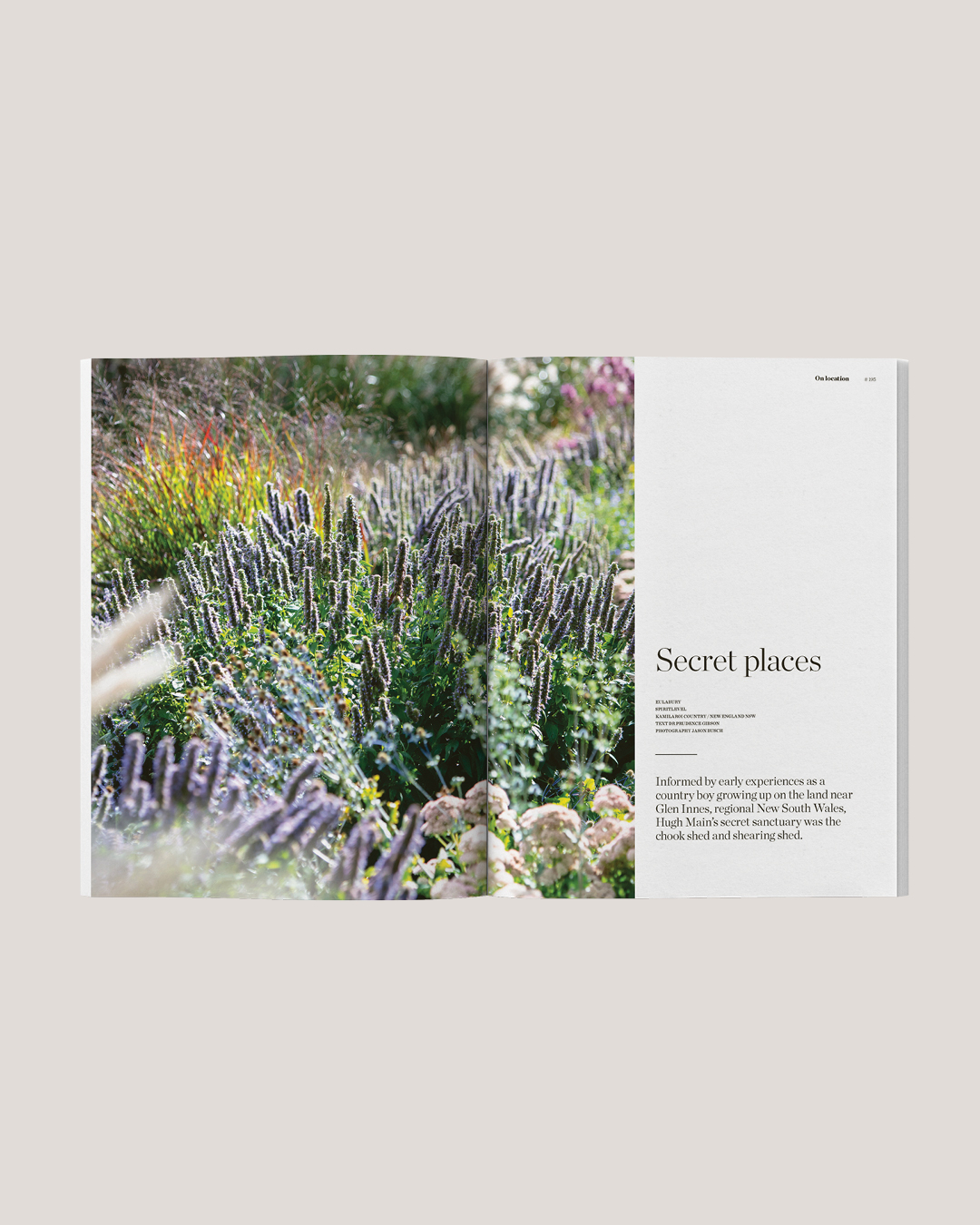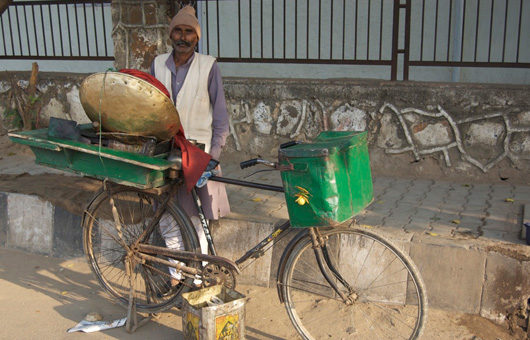Words and images by habitusliving.com’s Indian contributor Faizan Jawed
What spirit could be nobler than the one that intends to serve one and all? Design that would help this is surely noble too.
Cities in India are exploding with migration from rural areas; lack of economic opportunity in the countryside forcing people to the cities. There are, however, insufficient formal jobs to cater for the influx.
This has led to an unprecedented rise of services in the informal sector, meaning a large number of people have to be innovative and practical enough for their services to be desired. Activities in this sector provide a large number of essential services – casual labour, domestic help, vending and so on.
For a large number of people in urban India, a bicycle forms the main mode of daily transport – more of a necessity than a choice due to their low initial and ongoing cost. Some people even use the humble bicycle as a mobile business unit. These are the courageous entrepreneurs of the ‘informal economy’ – functioning without a legal tender. In the process we see innovative ideas coming to the fore.
The bicycle-powered vendors in Delhi, among other sundry services, operate mobile kitchens providing healthy meals. They are ubiquitous around the city and can be found cooking (or serving) away around the corner or by the curb across Delhi – thronged by people.
Designed by the vendors themselves and assembled by local carpenters and welders, these mobile businesses comprise a bicycle with additions such as a square platform – which serves as the (open) kitchen – and hooks welded onto the handlebar or the bicycle frame – for hanging bags and waste bins.
The scale of operations makes these mobile kitchens places of social interaction – customers usually stand around the platform in a group, with the cook on one side.
Healthy meals, most often consisting of fresh bread and boiled chickpeas with onion, chutney and masala are dished out for a mere Rs.10 (less than 25 AUD cents).
Such businesses go a long way in fostering sustainable local economic development. Therefore, this is a green, ingenious and people-produced product. The two-wheeled food vendors of Delhi represent a different approach to design, one that comes from the most basic of needs, but one that enriches the culture of the Region.
Lonely Planet Guide to Delhi
lonelyplanet.com/india/delhi

